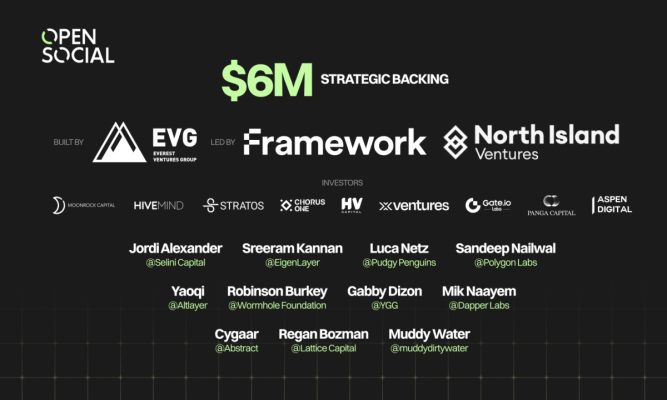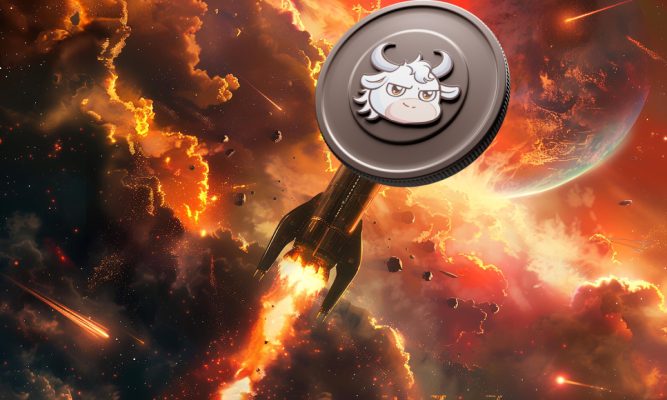We all know that developers have very good paychecks and, more often than not, they also have very fulfilling jobs despite what the rest of the world likes to tell itself.
Since Satoshi Nakamoto launched Bitcoin way back in 2009, both cryptocurrencies and their underlying technology, the blockchain, have managed to disrupt numerous industries and have proved that their potential is limitless.
If it’s not happening now, then the “era of the blockchain” will soon start, as cryptocurrencies are becoming more and more popular with each passing day. This new turn of events has led to new job openings as blockchain developers are currently among the most sought-after jobs in the world.
That is why we thought we create a general guide which showcases the steps required towards achieving this dream/goal. Before we move forward, it’s important to note that this is not going to be an easy journey, success won’t come overnight, and it most probably requires long periods of time and lots of sacrifices. With that out of the way, let’s begin.
To become a successful blockchain developer, you need to undergo two main steps: understanding as much as possible about cryptocurrencies and blockchains, how they work, what they mean, etc., and learning how to code (if you don’t have a programming background).
Understand the basics
It may sound cliché, but you can’t succeed in something if you don’t have a great deal of knowledge (maybe even unique knowledge) about that particular something. When it comes to blockchain technology, there are a lot of hurdles to be overcome. In short blockchain technology and everything surrounds it is usually very complex.
Hence, one of the first things you need to do is familiarize yourself with core concepts of the blockchain. Search the Internet far and wide for the best guides and “What Is,” “How To” articles regarding blockchains, consensus mechanism, decentralization, distributed, mining, wallets, and exchanges, just to name a few. In short, make time and go through comprehensive glossaries, and read as many good guides and articles as possible. Nowadays, ICOs are also a very hot topic, so it’s well worth looking into that as well.
It’s not a bad idea to start learning about Bitcoin as much as you can; after all, it is the world’s first, and most valuable crypto project to date. You might want to take a look at where it all started, at Satoshi Nakamoto’s whitepaper of Bitcoin. Ethereum is another very good project to learn as much as possible about, as it leverages blockchain technology in a very different way from Bitcoin. While Bitcoin was designed to simply be a cryptocurrency, Ethereum was designed to help developers create decentralized apps, run smart contracts, and a great deal of other exciting things.
Learn how to code
Understanding the basics of blockchain and cryptocurrencies is going to take a lot of work and time. There’s no denying that it will be a grueling experience, but once you understand the “rules,” you can start playing “the game.” As a blockchain developer, you will face a ton of challenges when it comes to coding, as creating and maintaining public blockchains is not easy.
If you don’t have a programming background, then be prepared for lots of hours spent on tutorials. You’ll inevitably have to learn various programming languages such as C++ and Python, get comfortable at least with the basics of web development and learn HTML, CSS, NodeJS, and others, as well as learning basic concepts of networking and security.
For example, Bitcoin’s source code is written in C++, so it would be a bad choice to start with. There are a lot of big platforms to choose from if you want to become a blockchain developer. Two of the most relevant examples are Ethereum and Hyperledger.
To work on Ethereum-related projects, you’ll need t gain a basic understanding of all-things-crypto, to have solid knowledge of its in-house programming language, Solidity, and above average JavaScript and Web3.JS skills.
In the case of Hyperledger, you’ll need to be very familiar with Golang, as well as have a decent knowledge of NodeJS.
Conclusion
Without any shadow of a doubt, becoming a blockchain developer is going to be a life-long challenge, especially if you don’t have a programming background. Even though this guide is only scratching the surface of what you should do in order to achieve this, we hope it will at least point you towards the right direction.
Lastly, it’s worth remembering a famous lyrics/quotes from one of the most legendary bands of all time, The Beatles, that goes like this: “There’s nothing you can do that can’t be done.” We wish you good luck!


